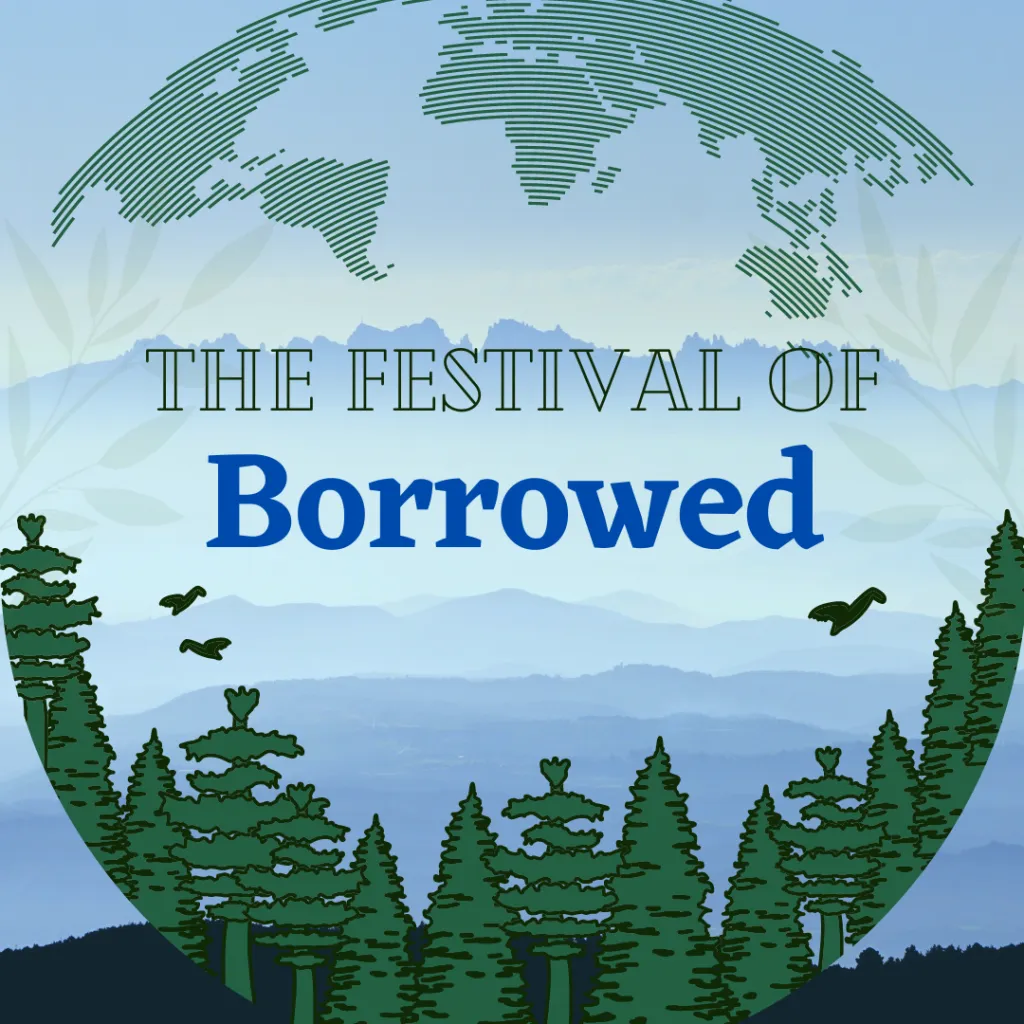Cultural appropriation
Here is a suggested list of what defines cultural appropriation:
The Native Americans had their land and livelihoods taken away, their cultural identity erased and derided, and now people are taking their spiritual practices. [Read more…]
Many people do not understand what is and is not cultural appropriation because they assume that practices and techniques can be easily transplanted from one context to another, but this does not take into account the issues around the particularity of traditions to their culture, place, and history, and it does not recognise the impact of colonialism and the commodification and commercialisation of indigenous traditions. [Read more…]
- taking someone else’s practice without permission or proper handing-on of the tradition and making money out of it (especially if the originators of the practice have a tradition of teaching it to people for free)
- taking someone else’s practice and doing it in a completely different context where it does not fit
- taking someone else’s rituals, practices, or stories and pretending they are your own
- taking someone else’s ritual and then excluding them from it
- doing someone else’s practice and pretending that you are authorised by the people whose practice it is
- claiming a fake identity as an indigenous practitioner
- doing others’ spiritual practices and changing the meaning, and/or failing to build in the appropriate safeguards, and/or failing to acknowledge that you’ve changed the meaning in the new context
- failing to acknowledge the history of oppression suffered by the people whose practice is being copied
- doing something which has nothing to do with a culture and dressing it up and claiming it as part of that culture, when you aren’t a member of that culture.
- all this adds to a culture that misrepresents (‘noble savage’ discourse for example) and mythologises indigenous peoples and makes their real struggles invisible
- wearing an item of clothing that expresses someone else’s identity and sacred traditions as a fashion statement or a joke
Articles on cultural appropriation
The Native Americans had their land and livelihoods taken away, their cultural identity erased and derided, and now people are taking their spiritual practices. [Read more…]
Many people do not understand what is and is not cultural appropriation because they assume that practices and techniques can be easily transplanted from one context to another, but this does not take into account the issues around the particularity of traditions to their culture, place, and history, and it does not recognise the impact of colonialism and the commodification and commercialisation of indigenous traditions. [Read more…]
Cultural appropriation is about power (September 2015) by
What
many commentators miss is the power differential in cultural
appropriation. People forget that we are living in a postcolonial world,
where non-European cultures are still routinely dismissed as
“primitive”, “backward”, reactionary, and hidebound by tradition, and
European culture is presented as the norm, and an ideal to live up to,
despite its over-consumption, cycle of boom and bust, and exploitation
of other parts of the world in order to maintain the expensive western
lifestyle. [Read more…]
Cultural Appropriation and the Blues (October 2015) by
The
Blues originate from a particular cultural and social history unique to
Black people. Yes, the musical form was a fusion of European folksong
and African musical and folksong techniques – but the emotion underlying
the Blues was something special, and the characteristic musical style
of the Blues (the blue note) can be traced back to Africa. [Read more…]
Cultural Appropriation has nothing to do with “race” (April 2016) by
Cultural
appropriation is when someone from a colonising or culturally dominant
culture takes a ritual or sacred or meaningful practice from a
subjugated or devalued or colonised culture, lifting it out of context
and draining it of meaning. And probably making money out of it. [Read more…]
Cultural Appropriation and Racism (May 2016) by
In
my last post on cultural appropriation (Cultural Appropriation has
nothing to do with “Race”), I made the point that the issue is about
culture, not genetics and not “race”. People are part of a culture if
they have been brought up in and immersed in that culture – it has
nothing to do with their genetic background. In this post, I show that
cultural appropriation is an extension of colonialism and racism. [Read more…]
Living Traditions (September 2016) by
A culture, and a religion, is a massively complex system of interlocking ideas, philosophies, symbols, and practices. [Read more…]
Misconceptions about cultural appropriation (September 2016) by Yvonne Aburrow
An examination of where people get mixed up between cultural fusion, cultural exchange, and cultral appropriation.
Misconceptions about cultural appropriation (September 2016) by Yvonne Aburrow
An examination of where people get mixed up between cultural fusion, cultural exchange, and cultral appropriation.
Articles by other authors
- Some white artists, like Elvis, exploit Black culture. So celebrate Bobby Caldwell, who enriched it — Nels Abbey (The Guardian), 2023, explaining the difference between exploitation and participation
- Barddas.org: Thoughts on cultural appropriation (June 2020)
- Barddas.org: More thoughts on cultural appropriation (October 2020)
- Gwilym Morus-Baird: Is Celtic Spirituality Cultural Appropriation? (YouTube video)
- We Need To Talk, by
- Avoiding Appropriation and The Perpetuation of Privilege (September 2015) by
- Culture and Community: Appropriation, Exchange and Modern Paganism (Wild Hunt blog), by November 2014
- Plastic Shamans: Commercialization of Native American Practices by Catherine Beyer
- On reverse cultural appropriation – explaining why cultural appropriation is about power and racism
- Cultural (Mis)Appropriation – an online resource from the UUA
- Reactions to Ray Verdict from Native Voices, Victim’s Families, and Pagan Community (Wild Hunt blog)
- Hinduism, Indo-Paganism, and Cultural Appropriation (Wild Hunt blog)
- The Elephants in the Room (Wild Hunt blog)
- “Talking About the Elephant: An Anthology of Neopagan Perspectives on Cultural Appropriation” (book, edited by Lupa)


Comments
Post a Comment